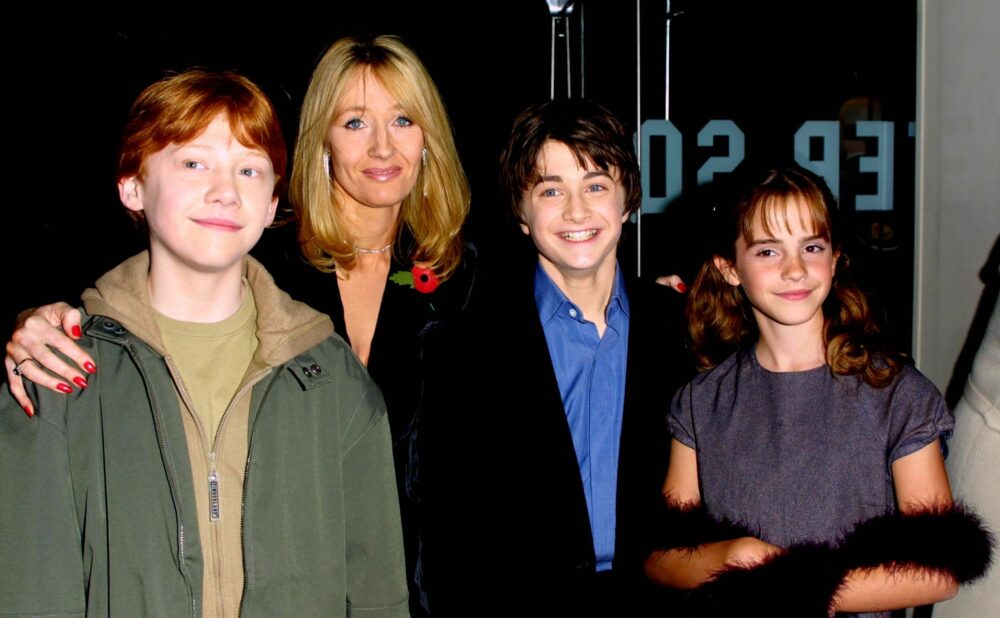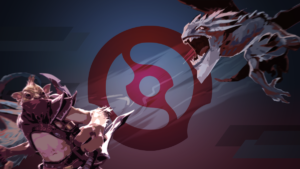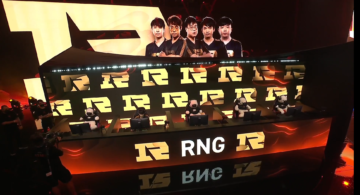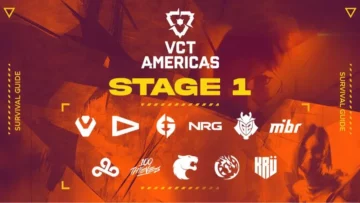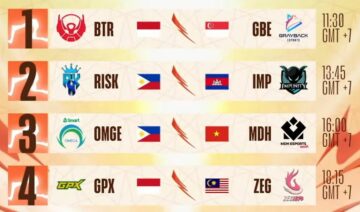We look at the controversy behind Harry Potter creator J.K. Rowling, and how difficult it can be to separate art from an artist.
A few weeks after Harry Potter and the Order of the Phoenix hit theater screens worldwide in July 2007, the book franchise it spawned from came to an end – not with a whimper, but a bang. Fan fervour over the books had hit an all-time high, with the recent films having drawn even more eyeballs to pages. Spoilers became such a concern that publisher Bloomsbury invested a whopping 10 million pounds into keeping the final book’s contents a secret. Early leaks of the story were met with subpoenas. Wars were waged over its pricing. Pre-sales were 500% higher than the preceding book in the series.
Harry Potter and the Deathly Hallows showed the world just how massive this franchise was, long before the films came to an end with two final grim installments. In the wake of such a finale however, the franchise stumbled. The Fantastic Beasts movies were churned out in an effort to rejuvenate the Harry Potter fandom, but each sequel suffered diminishing returns. It didn’t seem like this franchise had enough juice left in its tank to shamble on until the unveiling of Hogwarts Legacy, a promising open-world RPG that would let fans live out their wildest wand-flicking fantasies in the most immersive way yet.
Unfortunately, something else happened between the release of Harry Potter and the Deathly Hallows and Hogwarts Legacy, muddying the fandom enough that people are now willing to boycott a franchise they once loved so dearly: J.K. Rowling turned out to be a massive transphobe.
How do you come to terms with that?
Death of the author
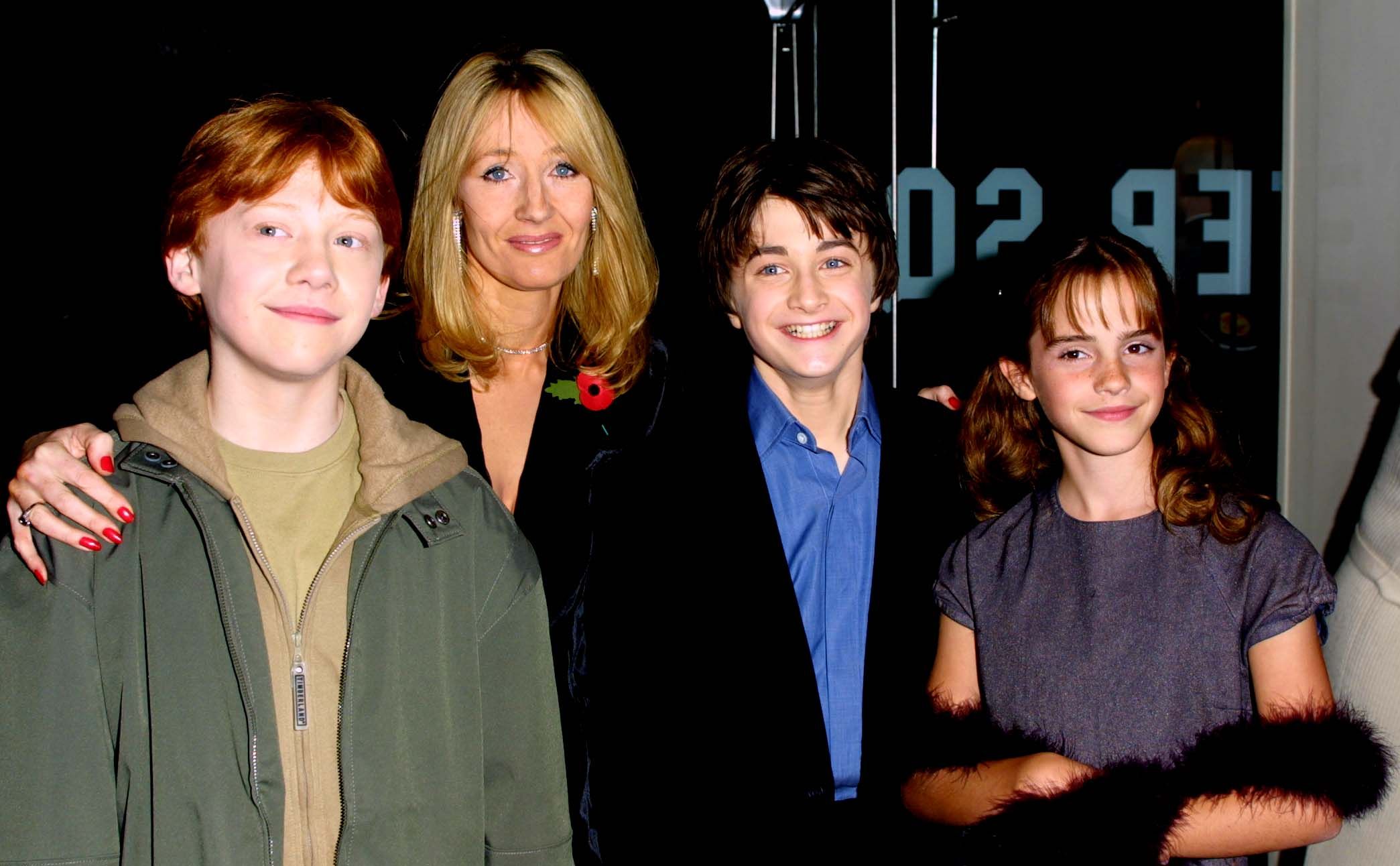
A French literary critic named Roland Barthes once wrote an essay titled ‘The Death of the Author’, wherein he argued that a reader must not rely on the intention and background of an author to draw meaning from their text. If you lean too much on an author’s personal history and opinions while dissecting their creations, you rob yourself of any agency in creative interpretation. Barthes wrote, “the birth of the reader must be ransomed by the death of the Author.” You must kill the author to divine true meaning from their texts.
With artists outing themselves as morally reprehensible creatures with alarming regularity lately, people like to say: “You just have to separate the art from the artist.” Just ignore the artist, let their work stand on its own. Barthes’ essay presents an older variation of this idea, arguing that the creator of a text loses all ownership the very second it finds a reader. At that point, the reader remakes the text by deriving their own meaning from it. The reader becomes the Author-God, the text remade in their image.
This concept pushes creative agency to the reader, rather than the creator. If we look at Harry Potter for instance, we can ‘kill’ J.K. Rowling and enjoy the series on its own merits. Little eyebrow-raising oddities might pop up along the way (Goblins portrayed as Jewish caricatures, people of colour receiving hilariously hamfisted names like ‘Cho Chang’ and ‘Parvati Patil’, and the very clumsy elves-as-slaves allegory), but one can at least view these things in the total absence of their creator.
Death of the author happens all the time
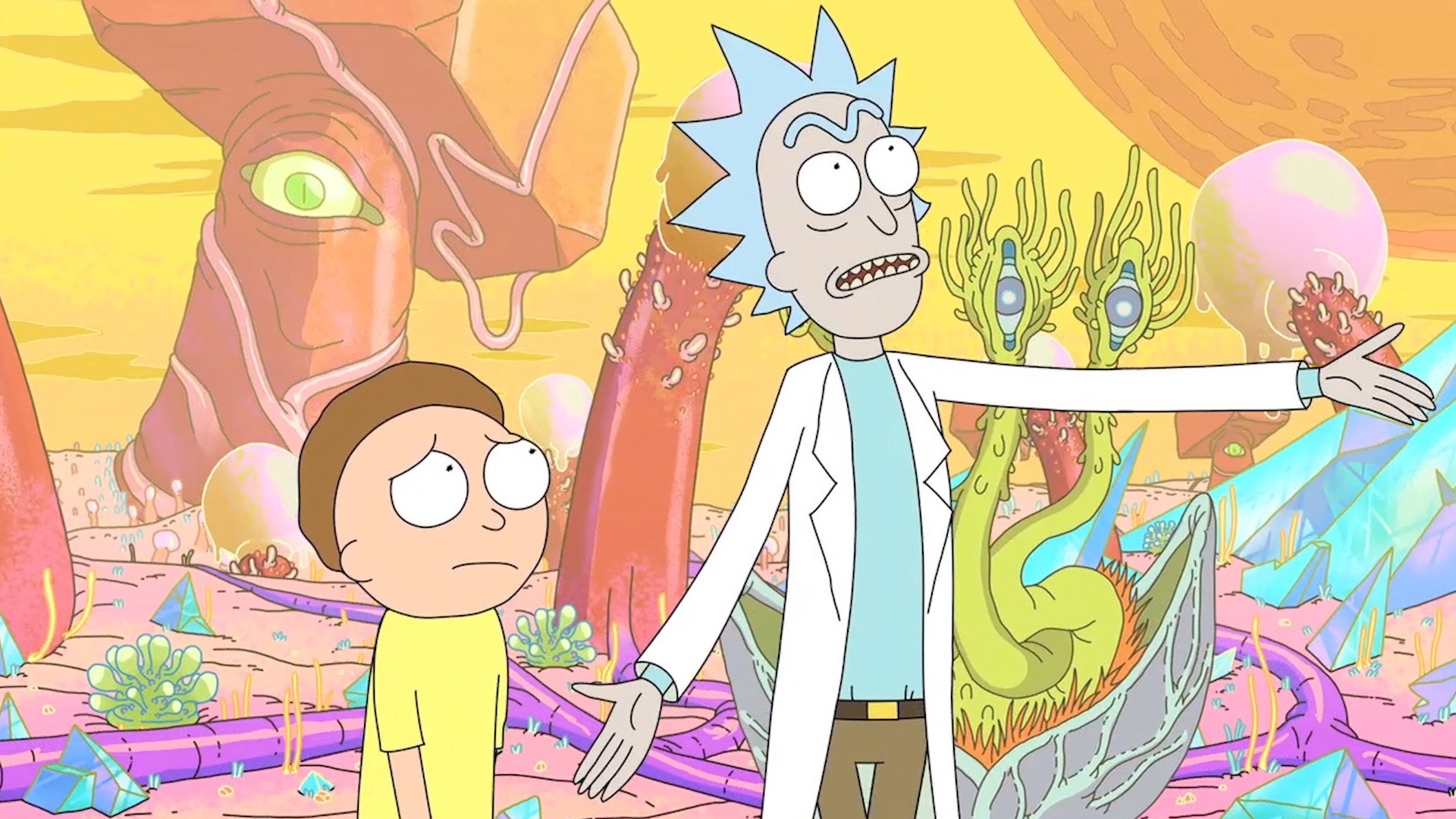
Divorcing art from an artist isn’t new to us. If you have ever liked a thing in your life, you have had to deal with a problematic creator. How do you listen to Kanye’s music without thinking of his various antics over the years, only the latest of which was praising Hitler and declaring that he was a Nazi? That’s a difficult thing to forget. How do you watch old episodes of Rick and Morty without voice actor-creator-writer Justin Roiland crossing your mind, and bringing his domestic violence charges along for the trip?
You buckle down, squeeze your eyes shut and say: “Liking the work of an artist does not make me complicit in their actions,” and hopefully, that makes you feel better – but is it realistic? For example, buying J.K. Rowling’s books gives her more money, which allows her to continue using her platform to say things like, “War is peace. Freedom is slavery. Ignorance is strength. The penised individual who raped you is a woman,” before saying she, “never set out to upset anyone.”
Platforms have power and Rowling has chosen to use hers in a very specific way; namely to extend her reign as the world’s foremost TERF (trans-exclusionary radical feminist). She condemned Scotland’s Gender Recognition Reform Bill in 2022, which would allow trans people to have their gender affirmed legally. She also sent her legal team after online critics to silence them, and likened hormone therapy to, “a new kind of conversion therapy for young gay people.”
So J.K. Rowling is a hateful person online. We already know that. What on Earth does that have to do with Hogwarts Legacy?
J.K. Rowling is and isn’t involved in Hogwarts Legacy
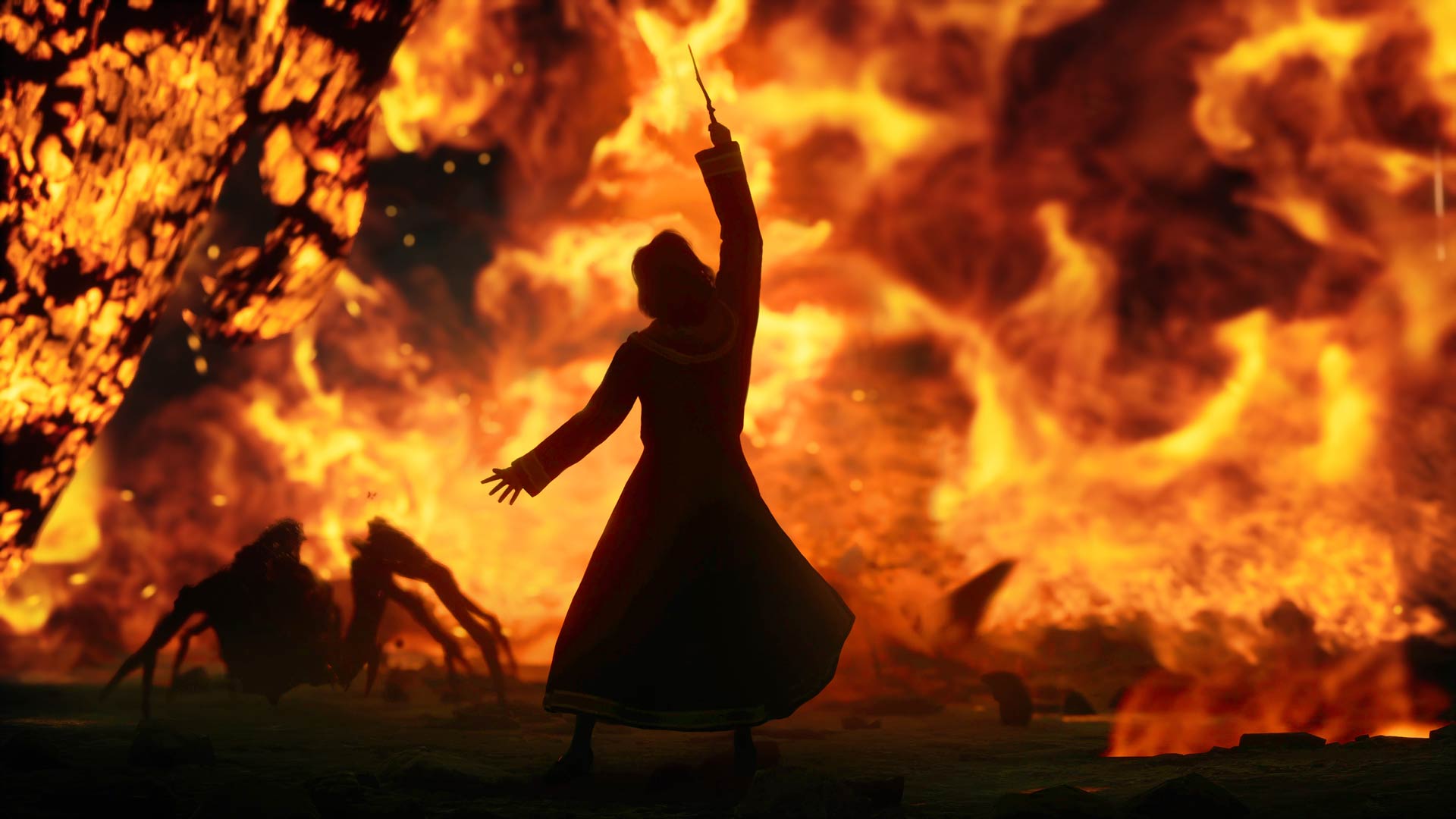
It’s in the name. Avalanche Software’s immensely popular open-world RPG can’t escape the tarnished legacy of its creator, try as it might. The game was first unveiled in 2020, right around the time Rowling’s bigotry hit a new peak on Twitter, leading to an almost immediate backlash against the game that has only become more heated over time. Online communities are divided over the game online, arguing that the game either has everything or nothing to do with Rowling herself. Avalanche itself couldn’t escape these discussions, and published a FAQ on the game’s website in response, saying:
J.K. Rowling was not involved in the creation of the game, but as creator of the wizarding world and one of the world’s greatest storytellers, her extraordinary body of writing is the foundation of all projects in the Wizarding World.
Most people took this to mean that Rowling had nothing to do with the game and thus, supporting it would have nothing to do with supporting her. Unfortunately, the same statement on the FAQ also says:
This is not a new story from J.K. Rowling, however we have collaborated closely with her team on all aspects of the game to ensure it remains in line with the magical experiences fans expect.
This means that unlike the recent (very bad) Fantastic Beasts movies, Rowling was not directly involved in the production of Hogwarts Legacy. That does not mean she wasn’t involved at all – this game presents a new addition to a canon she has built and has final say over: the Wizarding World of Harry Potter. Avalanche ‘collaborated closely’ with ‘her team’ to ensure that the game stays faithful and in line with the books and on some level, the movies too. So yes, she did contribute to the game – however vaguely that contribution was made. She will profit from the game, even if that profit amounts to a droplet in the vast ocean of her wealth.
Hogwarts Legacy has already killed its author
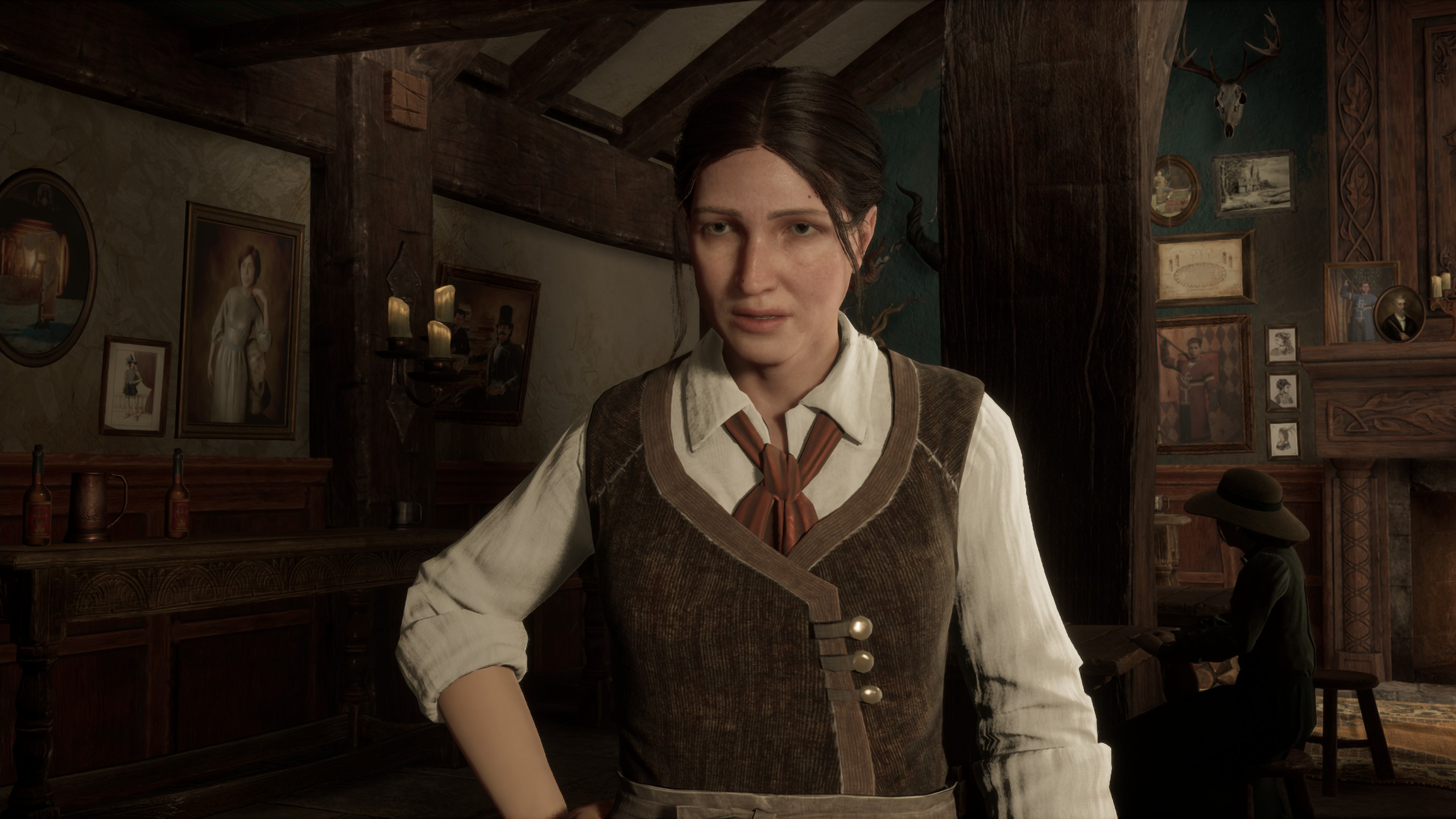
It’s interesting to note that in the face of all this, Hogwarts Legacy’s developers have already committed to the Death of the Author. This FAQ was the team’s best attempt to distance itself from Rowling and her bigotry. Then the developers went further by including a trans-friendly character creator, allowing players to combine masculine and feminine-presenting options with any body type (though this has been the norm for most RPGs lately).
One of the game’s lead actors, Sebastian Croft (Netflix’s Heartstopper), also put out a statement before the game to reject Rowling’s views wholeheartedly. And then the game came out, and people found out that the story actually includes a trans character named Sirona Ryan, a woman who runs the Three Broomsticks tavern in Hogsmeade. Her gender identity has no impact on the story and is in fact, only referenced in a throwaway line, but she’s there.
Avalanche told IGN that Sirona was included because, “The team felt that it was very important to create a game that is representative of the rich and diverse world of Harry Potter as well as the groups of people who play games, which includes the LGBTQIA+ community.” We can interpret that statement in one of two ways; the most generous of which is that Avalanche is subtly proving to players that neither the game nor its makers share Rowling’s views. The other way to read this is that Sirona Ryan’s inclusion is similar to corporations like Shein promising to reduce carbon emissions despite being proven to be environmentally devastating. The trans equivalent of greenwashing a product to appeal to a community that has justifiably rejected it.
Avalanche and Warner Bros. Games are well aware of the criticism surrounding its new game, and clearly have no idea what to do about it. All they can do is make vague statements and keep mum on everything else while their new game becomes one of the highest-selling titles of the year. To be fair, it’s working out for them so far.
Conclusion: Hogwarts Legacy and you
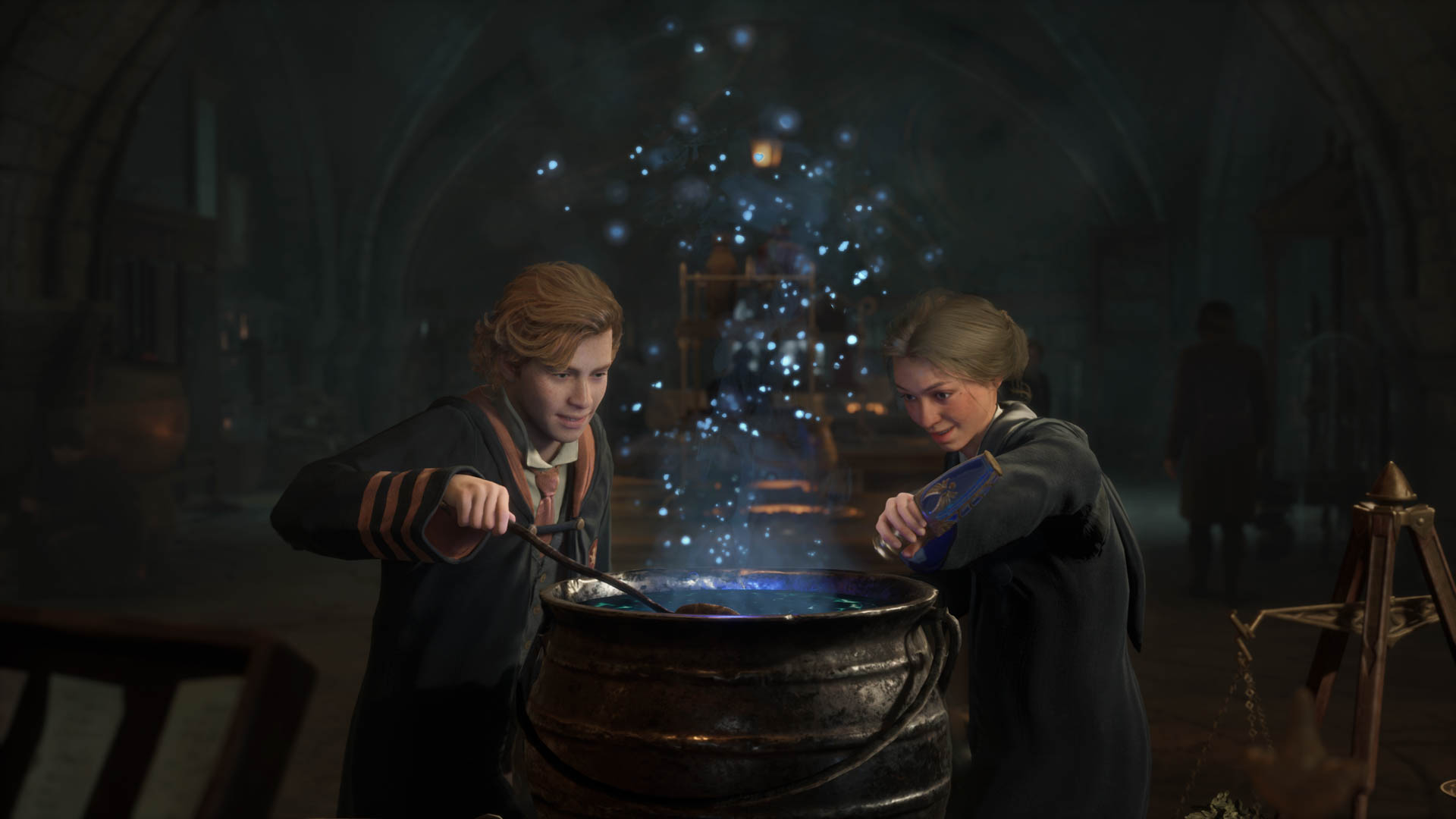
Gamers don’t often have to confront ethics in videogames on any level beyond predatory monetisation and broken gameplay. We’re not prepared to think of the moral consequences that come with purchasing what is, essentially, a grown-up toy. Hogwarts Legacy was made for fun. Fans of Harry Potter want to play it for fun. Boycotts of the game have been likened to boycotts of Nestle, a massive company that uses child labour to push out goods for a profit. It’s difficult to boycott Nestle when it owns half the grocery store you shop at, and in the same vein, it’s difficult to boycott Hogwarts Legacy knowing that Rowling doesn’t care about your pennies.
The people making these comparisons are looking at Hogwarts Legacy’s controversy from the wrong angle. The most obvious difference is that Nestle’s goods are much more difficult to avoid and abstain from compared to Hogwarts Legacy, which is just a very expensive videogame. However, the way I look at it – as someone who will only touch the game if I find a secondhand copy down the line – is that the decision to buy and play this game is something you alone must sit with.
Your purchase of Hogwarts Legacy has to go through a number of steps before it can even begin to have a physical impact on the trans community (give game money > JK Rowling gets a bit of money > JK Rowling continues to use her platform and wealth to push back on trans-friendly bills, and amass a hateful following). Make no mistake, the consequences still exist, and deciding where to draw the line can come down to what simply feels right in your gut. It’s not so cut and dry as choosing to support anti-trans legislation for example, seeing as that would have a much more direct impact on their livelihood.
Can you buy the game and draw your own meaning from it, divorced from the Author-God? Do you even want to? Death of the Author might be the Birth of the Reader, but Hogwarts Legacy is just a videogame and we’ve got more of those coming out all the time. The world is filled with issues and you don’t have to stand up for everything – just the things you really believe in.
- SEO Powered Content & PR Distribution. Get Amplified Today.
- Platoblockchain. Web3 Metaverse Intelligence. Knowledge Amplified. Access Here.
- Source: https://www.gosugamers.net/entertainment/features/65250-hogwarts-legacy-and-death-of-the-author-when-buying-a-game-gets-complicated
- 2020
- 2022
- 7
- 9
- About
- actors
- ADDITION
- Against
- Agency
- All
- Allowing
- alone
- appeal
- around
- Art
- artist
- Artists
- as
- aspects
- author
- Avalanche
- because
- before
- behind
- believe
- BEST
- Better
- between
- beyond
- Bill
- Bills
- Birth
- Bit
- body
- book
- Books
- bringing
- built
- buy
- Buying
- carbon
- care
- child
- Choosing
- clearly
- closely
- collaborated
- combine
- coming
- committed
- Communities
- community
- company
- compared
- complicated
- complicit
- concept
- concern
- consequences
- contents
- continue
- continues
- contribute
- controversy
- Conversion
- Corporations
- create
- creation
- Creative
- creator
- critics
- deal
- death
- decision
- despite
- developers
- DID
- difference
- difficult
- diminishing
- direct
- discussions
- distance
- diverse
- Domestic
- Domestic Violence
- down
- earth
- effort
- ensure
- equivalent
- Essentially
- ethics
- EVER
- everything
- Example
- expect
- expensive
- Experiences
- extraordinary
- eyes
- Face
- fair
- fans
- FAQ
- filled
- films
- Final
- finds
- First
- Following
- foremost
- Foundation
- Franchise
- Freedom
- French
- fun
- further
- game
- gameplay
- Games
- Gender
- generous
- goods
- GosuGamers
- greatest
- grocery
- happened
- Harry Potter
- having
- High
- higher
- history
- Hogwarts Legacy
- Hopefully
- How
- HTML
- HTTPS
- i
- idea
- Identity
- IGN
- Ignorance
- image
- IMMEDIATE
- immersive
- Impact
- important
- Included
- includes
- Including
- inclusion
- individual
- instance
- intention
- interesting
- invested
- involved
- issues
- IT
- JK Rowling
- July
- justin roiland
- K
- keeping
- kind
- latest
- lead
- leading
- legacy
- Legal
- Legislation
- Level
- Life
- Line
- Little
- Live
- Long
- looking
- make
- MAKES
- Making
- massive
- might
- million
- money
- more
- Morty
- Movies
- mum
- Music
- namely
- names
- New
- number
- obvious.
- ocean
- Old
- One
- online
- online communities
- Opinions
- Options
- order
- Other
- own
- Ownership
- People
- personal
- phoenix
- physical
- platform
- plato
- plato data intelligence
- platodata
- platogaming
- play
- players
- Point
- pop
- Popular
- power
- prepared
- presents
- pricing
- Product
- Production
- Profit
- projects
- promising
- proven
- Publisher
- purchase
- push
- radical
- read
- Reader
- realistic
- receiving
- recognition
- reduce
- Reign
- release
- remains
- remakes
- representative
- response
- returns
- Reuters
- rich
- Rick and Morty
- right
- Roland
- RPG
- RPGs
- Secret
- sequel
- Series
- set
- Share
- Shop
- similar
- Sit
- So
- so Far
- something
- specific
- Squeeze
- Statement
- still
- store
- Story
- strength
- Subpoenas
- such
- support
- supporting
- surrounding
- tank
- Team
- text
- The
- The Game
- the world
- Theater
- themselves
- therapy
- thing
- things
- Thinking
- Through
- time
- titles
- touch
- toy
- trip
- unveiling
- up
- us
- various
- View
- Voice
- Warner
- Warner Bros
- Watch
- Wealth
- Website
- weeks
- well
- What
- What is
- WHO
- willing
- woman
- Work
- working
- working out
- world
- Worlds
- worldwide
- writing
- Yahoo
- year
- years
- young
- yourself
- zephyrnet
